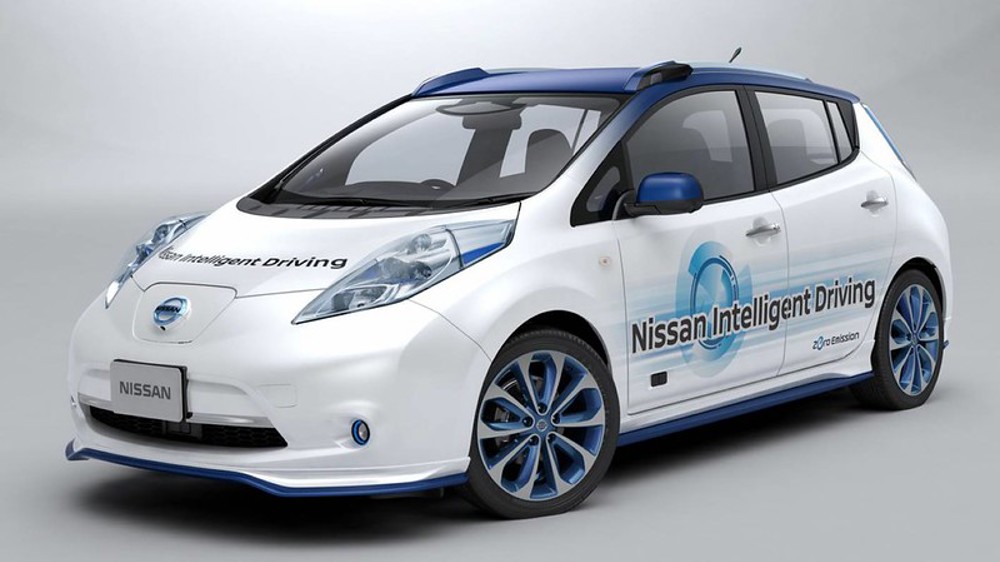
Is Driverless the Way Forward?
04 December 2023
Having visited the Motopia? Past Future Visions exhibition, National Motor Museum volunteer Seth Burgess discusses cars that drive themselves. Could this be the future?
Bolder designs predicted hovering or flying vehicles, others focused more on driver luxuries or removing the need to drive altogether. The more adventurous designs were often harder to sell. Some ideas were just too radical for the time or too expensive to manufacture.
When looking to the future of automobiles driverless cars is something just around the corner according to manufacturers. This can be seen in many concept cars across the globe. Each incorporating a driverless aspect or design into their cars. However, to say there is some human hesitancy would be an understatement. Whilst technology is constantly improving, and the prospect of an autonomous car is becoming a lot safer there are still a lot of negative questions surrounding what a world with driverless cars will look like. There is a worry that this will mean congested roads and an increased use of fuel usage which goes against what many governments have set forth in their attempts to cut down on CO2 emissions.
Very recently in San Francisco a group of protestors has begun harassing and stopping driverless taxis by putting traffic cones on their censors thus bring them to a halt and making them useless until someone removes the cone. This comes as a response to the taxis having caused and been in various accidents at the expense of the wider public’s safety.

Despite these accidents and incidents manufacturers predict that autonomous cars are 90% less likely to cause an accident on the road than a human. It is hard to know for sure how accurate that is until we start to see more driverless cars on the road however it does prompt a question of ethics in terms of the decisions an autonomous car will make in the event of an accident that might kill 1 person instead of 5. Even if that means the driver… As unsettling as that is, there is no question these cars will be on our roads within our lifetime. The amount of investment in the driverless project shows the commitment manufactures must have in making this a reality. This will no doubt reflect in the price of these cars once they hit the market.
As someone who gets great enjoyment out of driving, the desire for autonomous vehicle has often escaped me. If they did start to become part of everyday life, I am not convinced I would feel any yearning towards having one of my own. That said, I am aware of those who have great discomfort at the thought of driving. In which case an autonomous vehicle would be just right for them. I also feel if the predictions are right and it does make the road much safer, then that can only be a good thing. If I get to drive too, I am welcome to the idea of driverless cars being on the road.
What do you think? Will driverless cars be the next big thing, or is handing over the driving seat too far for computers to go?
Seth Burgess

Seth is an university history student at Bournemouth. In 2023 he volunteered at Beaulieu, helping with various collections and getting an understanding of how a museum works. This is one of several blog posts to help introduce the Motopia? Past Future Visions exhibition.

Subscribe for updates
Get our latest news and events straight to your inbox.